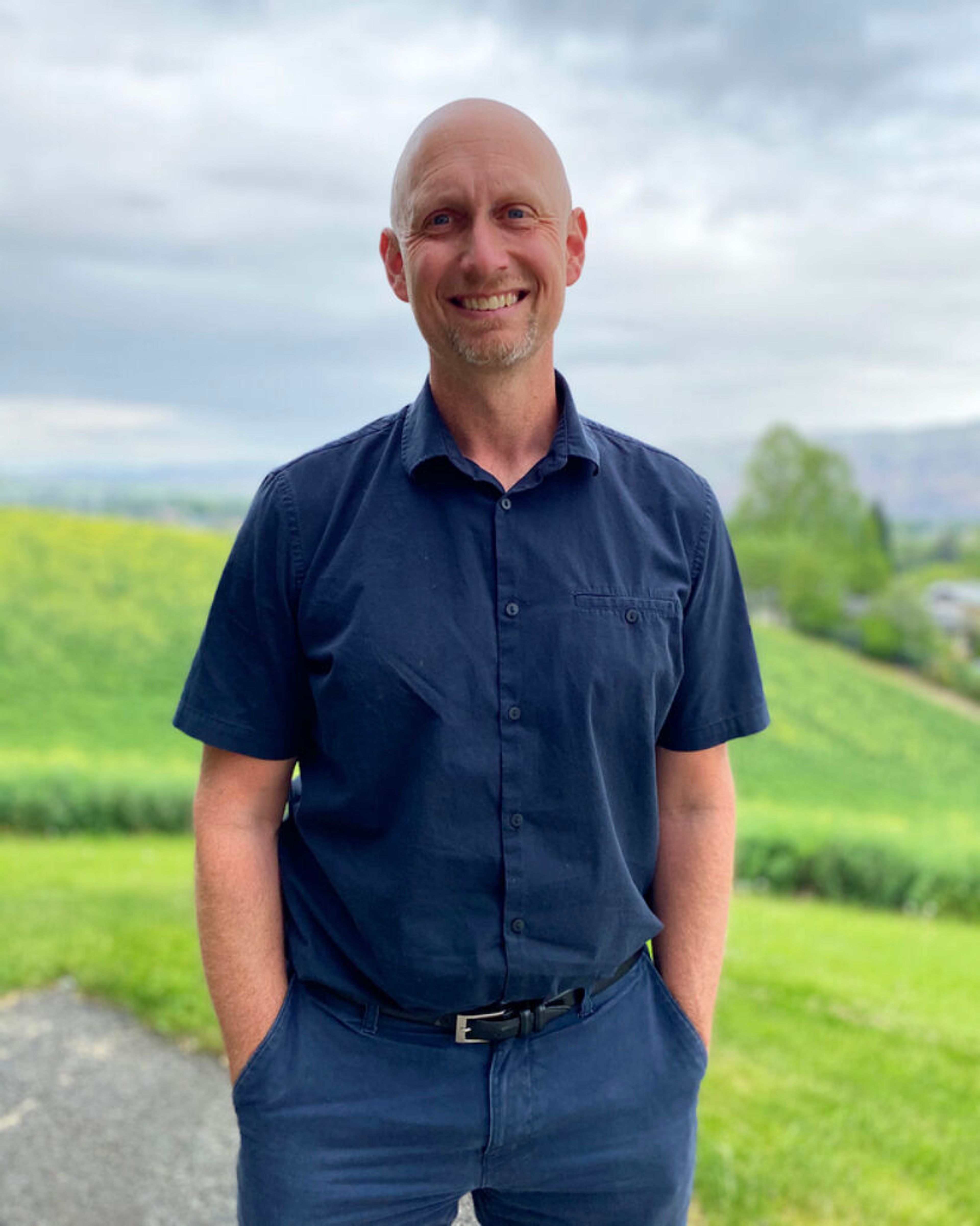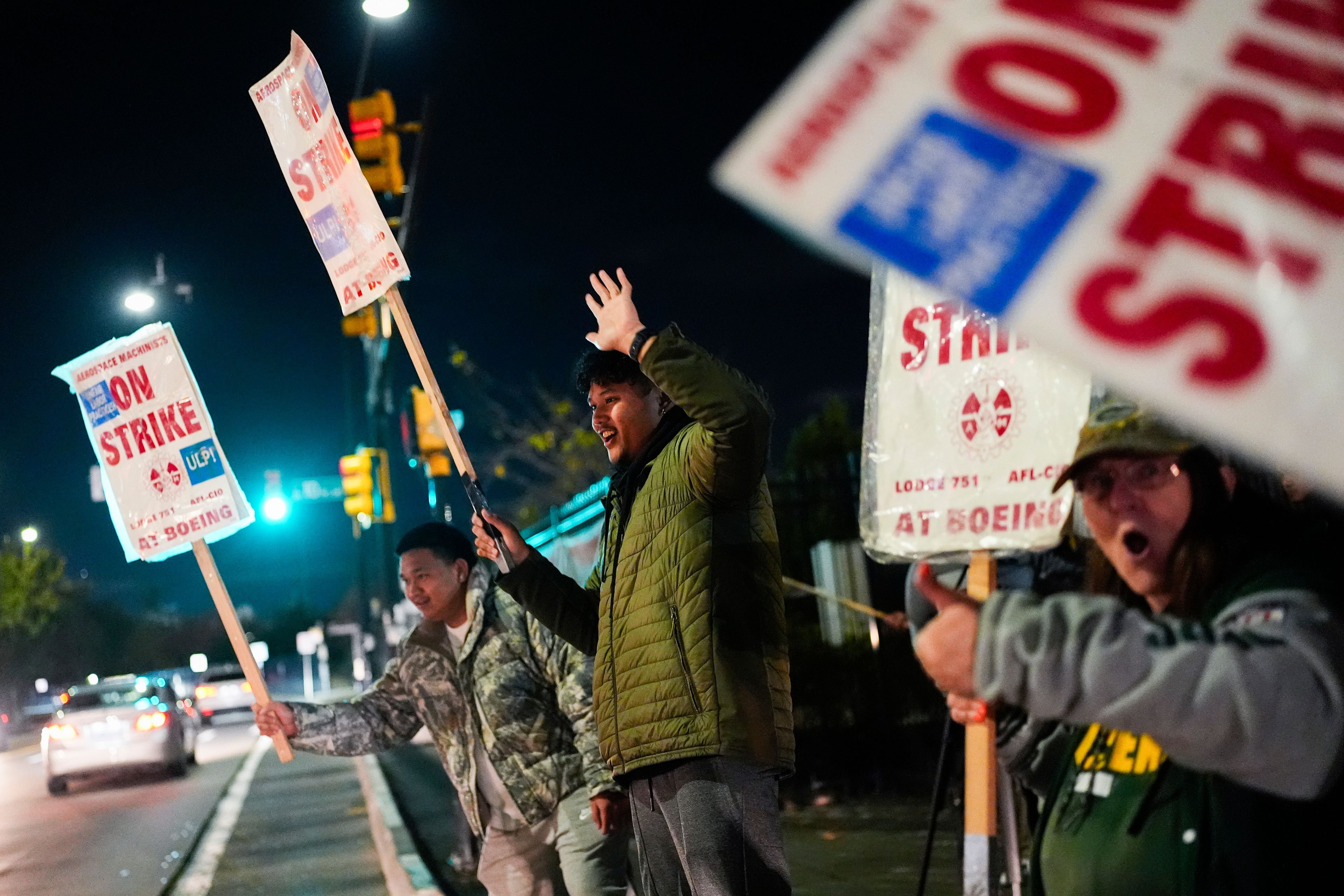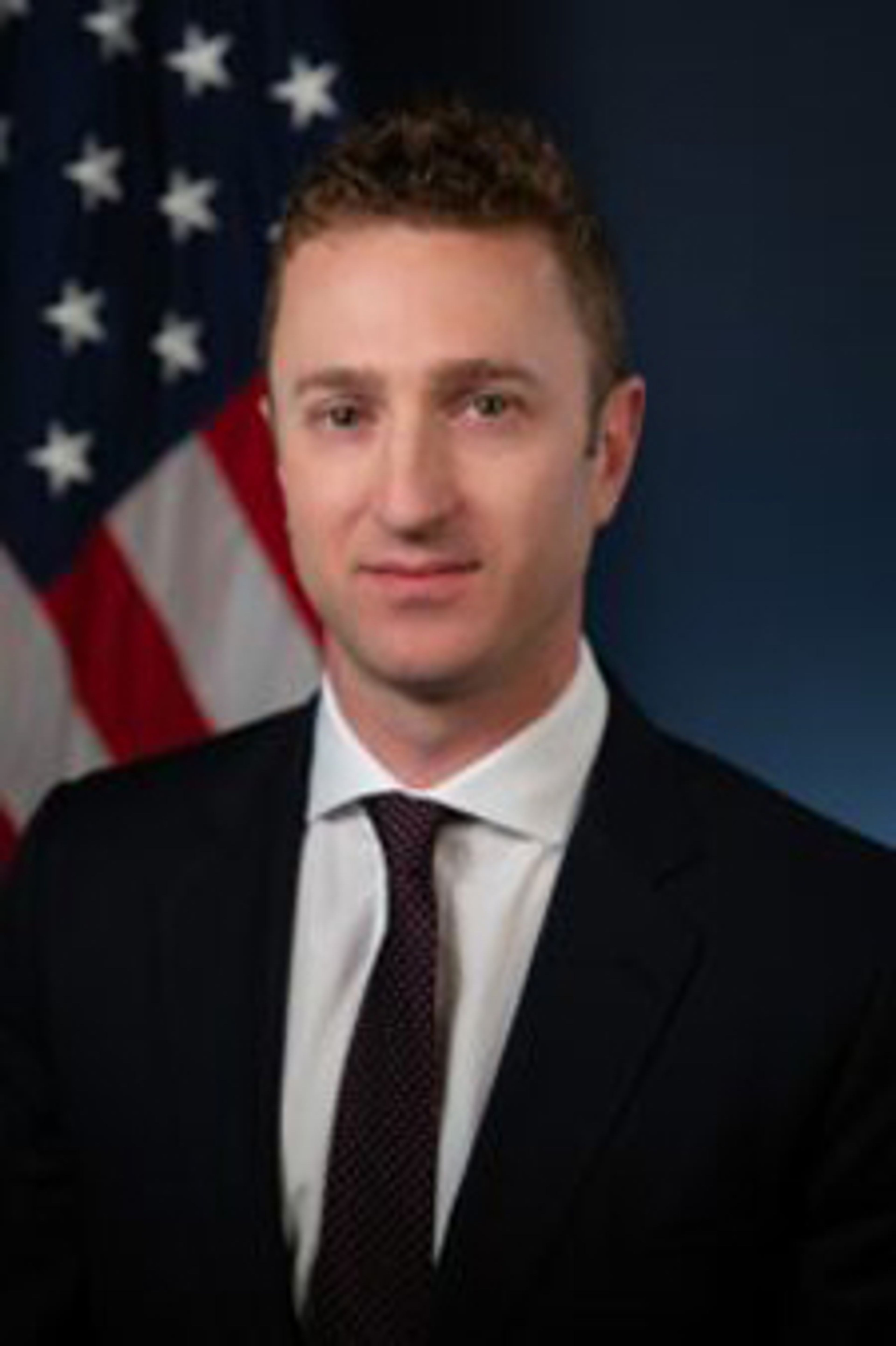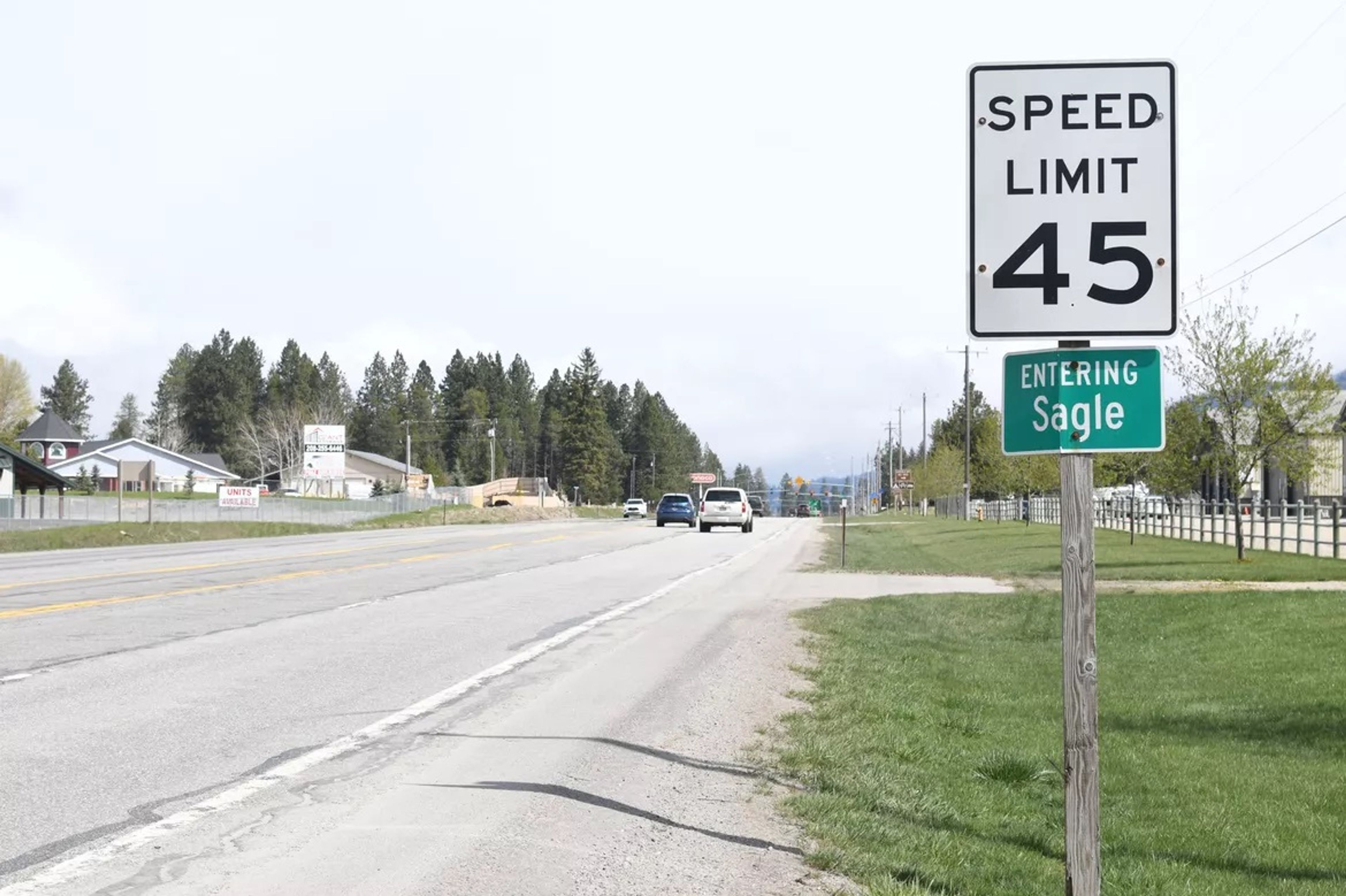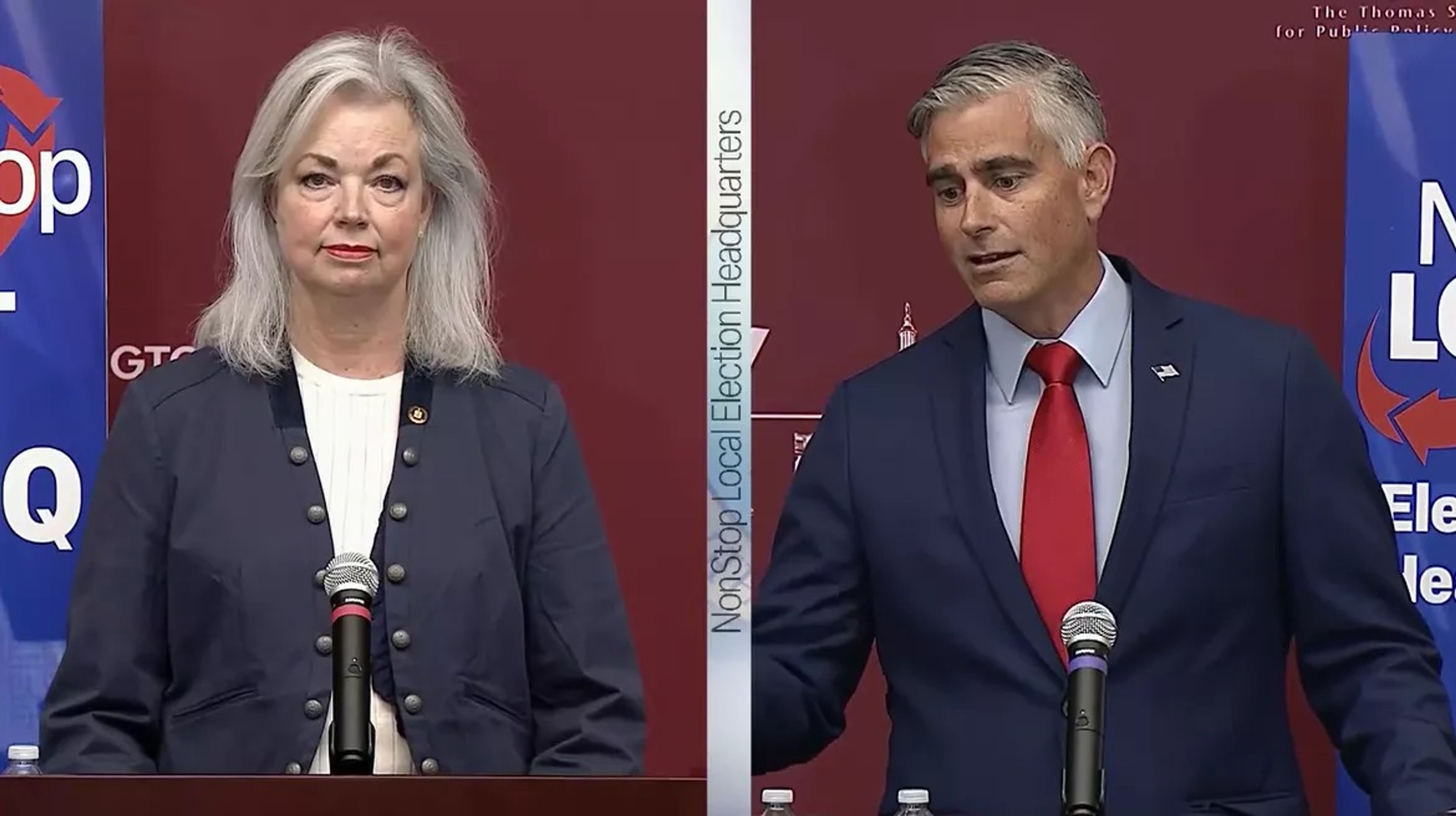Investigation reveals a history of averted gazes in Idaho residential care youth programs
At NW Children’s Home in Lewiston and other state care facilities, the looking-into outdoes the finding-out
In 2016, Idaho state regulators wrote a scathing letter to Northwest Children’s Home, a 46-bed residential care facility in Lewiston.
The facility’s license was being revoked, the letter explained, after a seven-week investigation conducted by the Idaho Department of Health and Welfare.
“Children routinely elope, evade supervision, commit crimes, are detained by juvenile corrections, are victims of sexual crimes and perpetrators of physical assaults,” the letter said. “Law enforcement is regularly called upon by staff (over 150 times in a six-month period) to respond to the facility because the facility is not appropriately staffed to manage children’s behaviors or to appropriately supervise the children.”
And a lack of training led to staff “inappropriately” using physical force to subdue students or lock them in a room, the letter said.
But Northwest Children’s Home’s executive director, Brian Pope, quickly made a written appeal, attacking a state licensing agent who investigates facilities for using “skewed information” and interpreting state rules “at a heightened standard.”
Pope, his attorney and a team consisting of Northwest Children’s Home leadership also met with state regulators in person. It resulted in the state reversing course, nixing its plan to revoke the facility’s license. Instead, it imposed a ban on new admissions, meaning Northwest Children’s Home had to meet certain conditions before accepting new residents.
Northwest Children’s Home, a nonprofit, is one of 28 privately run children’s residential care facilities that is overseen by the Department of Health and Welfare. It hasn’t been investigated by the state since 2016, and Pope, in a statement, said the program has “completely overhauled our system of care over the past eight years.”
But that investigation was the closest that the state of Idaho has come to either shutting down or suspending a children’s residential facility in the last decade, records obtained by InvestigateWest show.
Youth residential programs like Northwest Children’s Home exist all across the country, housing and treating hundreds of thousands of children sent to them by child welfare agencies, schools or parents. They’re collectively referred to as the “troubled teen industry.”
But the industry has been plagued by child deaths and reports of abuse. In April, Congress introduced a bill called the Stop Institutional Child Abuse Act that would establish a federal work group to study problems in these programs. It’s received bipartisan support.
Idaho’s facilities, however, have escaped the kind of scrutiny faced by programs in other states. Idaho’s oversight is less robust than others, requiring just one pre-announced visit from a state licensing agent per year. In contrast to neighboring states like Utah and Montana, Idaho officials have no record of the state ever suspending or revoking the license of a program.
But a detailed InvestigateWest analysis of investigatory records and law enforcement data reveals that several programs in Idaho have repeatedly failed to keep children safe. Programs were understaffed and poorly trained. They were unable to control violent children. Other kids were repeatedly restrained, locked in seclusion in violation of the state law, or ignored when they had clear medical needs.
Ruth York, executive director of the nonprofit Idaho Federation of Families for Children’s Mental Health, reviewed the investigation records at InvestigateWest’s request. She criticized the state for not taking stronger action against facilities repeatedly flagged for problems, saying temporary bans are “likely not enough” to dissuade programs from inadequate standards of care.
“When a pattern emerges with a single facility of numerous findings and repeat findings, I feel it is essential for increased consequences and increased monitoring,” York said.
SCRUTINY FOCUSED ON FEW PROGRAMS
Idaho’s regulators post the results of annual inspections publicly on the state’s website.
But state regulators can also investigate complaints made against these facilities in which the licensing agent can visit the campus unannounced. Idaho does not post the results of those investigations publicly.
InvestigateWest, through a public records request, has obtained the results of every complaint investigation into a children’s residential care facility in Idaho dating back to 2013. The state says it does not have access to records prior to 2013. We’ve made these records available for anyone to see out of an interest in transparency. We’ve also analyzed police call logs from each active youth residential treatment program in Idaho to assess which ones experience the most emergency situations.
In total, the state conducted 29 investigations of licensed children’s residential care facilities in the last 10 years. In nearly half, the state found a facility had violated rules regarding restraint or seclusion of children. That included one 2014 report in which a licensing agent found that a since-closed program in Nampa operated by Northwest Children’s Home kept students in seclusion for “1.5 hours, 3 days and 5 days.”
Other investigations don’t make it clear what was being investigated. The Department of Health and Welfare denied InvestigateWest’s request for the complaints that prompted these investigations, citing a slew of state statutes and the federal Health Insurance Portability and Accountability Act (HIPAA), though the state has previously released such records.
Just three programs make up nearly half of the state’s investigations. Northwest Children’s Home in Lewiston, for example, was investigated four times from 2014 to 2016, in addition to a 2014 investigation at a facility in Nampa that the company no longer operates. Three of those five investigations resulted in a temporary ban on admissions.
Sequel, a massive for-profit corporation that’s been a frequent target of national criticism of the troubled teen industry, operated a facility in Mountain Home that was investigated five times from 2014 to 2020. It closed in 2021 amid national outcry over reports of abuse and deaths at its facilities nationwide, but the state of Idaho never took any enforcement action against it.
And Cornerstone Cottage, a 16-bed facility in Post Falls for girls who’ve been through severe trauma, was the subject of four complaint investigations from 2017 to 2022.
Five investigations in the last decade resulted in the state imposing temporary admissions bans, allowing programs to stay open while implementing a plan of correction.
AJ McWhorter, public information officer for the Idaho Department of Health and Welfare, said that regulators make “multiple site visits” to ensure that rule violations are corrected before lifting such bans.
But three programs — Northwest Children’s Home, Cornerstone Cottage and Hope House, a 28-bed facility in Marsing — would end up being investigated again following admissions bans, with regulators finding additional problems without imposing further discipline.
Northwest Children’s Home and Cornerstone Cottage also top the list of active programs with the highest rate of police calls in the last decade, with police call rates three times higher than the average of all facilities, according to an InvestigateWest analysis.
InvestigateWest calculated a per-bed, per-day police call rate for each active program except for Idaho Youth Ranch, which just opened this year. The measure allows for a comparison relative to each facility’s size and uses police call log data obtained through public records requests by InvestigateWest and Unsilenced, a nonprofit aimed at ending institutional child abuse that agreed to share the call logs it collected through its own research.
State regulators do not regularly monitor police call rates at each program. They have used police calls as “a factor when substantiating a complaint or issuing a citation,” McWhorter said.
Cornerstone Cottage and Hope House have not seen downward trends in police calls since being investigated by the state. But notably, Northwest Children’s Home has seen far fewer police calls since the last time it was investigated. At its peak in 2015, it had 373 police calls. From 2021 through November 2023, there have been just 85 total.
Pope, the program’s CEO, declined an interview for this story. But in a written statement, he said the program has put together a trauma-informed treatment approach that is individually tailored for each child, with the goal of helping them transition to a lower level of care, such as reunification with their family, foster care or adoption.
“When a youth is not doing well in a foster/relative placement due to their high behavioral and mental health needs, short-term residential care is absolutely needed to help them stabilize (emotionally and mentally),” he said.
CRITICS CALL FOR CHANGE
Child welfare experts are critical of Idaho’s investigation process.
Ron Davidson, a nationally recognized psychologist with decades of experience investigating more than 400 psychiatric facilities, reviewed the complaint investigation records at InvestigateWest’s request. He said what stood out was “the lack of clinical depth or sophistication in evaluating the efficacy and competency” of the programs.
The investigations follow a checklist, which is typical for state regulatory bodies overseeing children’s programs.
“But it’s a pretty worthless approach for both the state agency and the program being reviewed,” he said.
The state’s investigations of Sequel TSI of Idaho serve as an example, he said.
Sequel TSI of Idaho, for example, was investigated by the state in 2019 — the fifth investigation of the facility since 2014 — after the facility’s administrator reported “at least five youth” had been involved in repeated “aberrant sexual behaviors.” Further investigation revealed the youths had been part of “over 100” such incidents within the last seven months.
The state blamed an “ongoing breakdown in staff oversight and supervision,” a failure to provide staff with adequate training, and a staff-to-child ratio that was too low. But notably, Davidson said, the state didn’t point the finger of accountability at the company’s leadership.
“What’s missing here — as it invariably is in such documents — is any recognition of the corporate responsibility for the systemic pattern of negligent oversight and failed accountability,” Davidson said. “This is a major monitoring failure of many child welfare systems.”
Instead, state agencies should make sure that their field investigators are trained to conduct “clinically sophisticated” reviews, he said. They should ask questions that can determine the therapeutic effectiveness of programs and focus on whether treatment plans are appropriate, whether there are measurable goals and — most importantly, he said — whether treatment staff are competently trained to deliver such therapeutic services.
The 2019 Sequel investigation may have described details of troubling incidents accurately. But doing so is not enough, Davidson said.
“The overall effect was incapable of producing meaningful change — not at this local facility, anyway, and certainly not at the corporate level,” Davidson said. “And that woeful failure of oversight by state officials put children at risk of harm.”
Some Idaho lawmakers and advocates have said they believe the state should at least follow the lead of other states that have increased monitoring and enforcement of troubled teen programs.
That would involve requiring state regulators to visit programs unannounced even when it’s not part of a complaint investigation. Regulators should also be encouraged to take stronger enforcement actions when serious problems are found repeatedly, said York with the Idaho Federation of Families for Children’s Mental Health.
It’s up to state regulators to establish that “very high safety bar,” she said. But it’s also up to the Legislature to provide sufficient funding to do so, not simply punish the department by reducing its funding.
The state should see the safety of kids in these homes as a major priority, she said.
“I’m not sure what could be a more important safety concern for our state,” York said.
InvestigateWest (invw.org) is an independent news nonprofit dedicated to investigative journalism in the Pacific Northwest. Reach reporter Wilson Criscione at wilson@invw.org.
